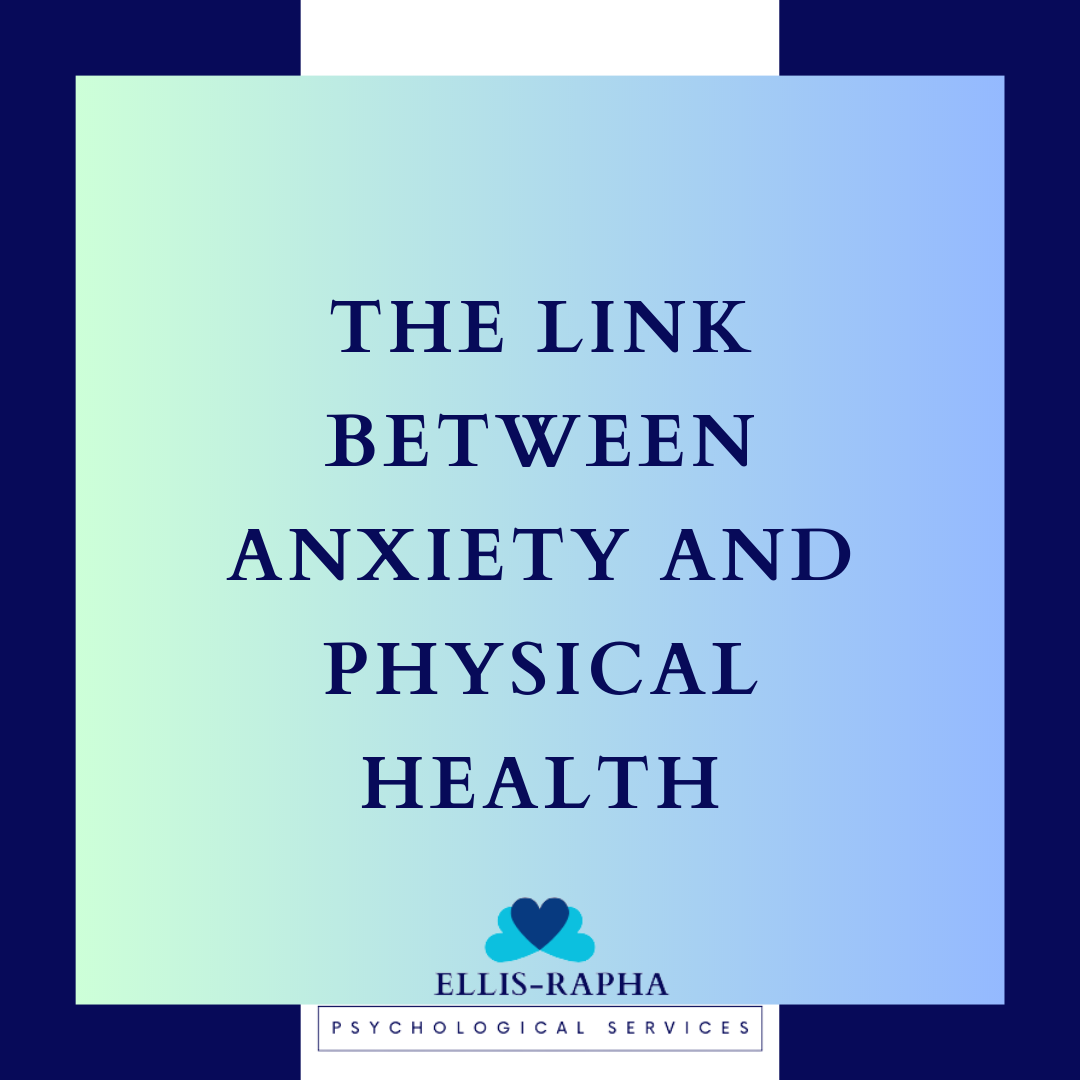Millions of people around the world suffer from anxiety, a widespread mental health issue. It is characterized by feelings of jitteriness, and unease and can cause a variety of physical symptoms, including sweating, an accelerated heartbeat, and breathing difficulties. Despite the fact that anxiety is largely a mental health issue, research has proven a significant link between anxiety and physical well-being.
One of the most notable ways in which anxiety can affect physical health is through the release of stress hormones such as cortisol and adrenaline. These hormones are designed to help the body respond to perceived threats by increasing heart rate, breathing rate, and blood pressure. However, when stress hormones are released too frequently or for too long, they can have negative effects on the body, such as weakening the immune system and increasing the risk of heart disease.
Another way anxiety can impact physical health is through the development of unhealthy coping mechanisms. Many people who experience anxiety may turn to behaviors such as overeating, smoking, or drinking alcohol as a way to cope with their feelings. These behaviors can have significant negative effects on physical health over time.
In addition, anxiety can also lead to physical symptoms such as headaches, muscle tension, and digestive problems. These symptoms can be both uncomfortable and disruptive to daily life.
It’s important to note that the link between anxiety and physical health is a two-way street. While anxiety can certainly have negative effects on physical health, physical health issues can also contribute to the development or worsening of anxiety. For example, chronic pain or a chronic illness can lead to feelings of anxiety and depression.
If you’re experiencing symptoms of anxiety that are impacting your physical health, it’s important to seek support from a mental health professional. They can help you develop coping strategies and provide resources to help manage your symptoms.
In addition to seeking professional support, there are a number of things you can do on your own to improve your physical health and reduce the impact of anxiety. Regular exercise, healthy eating, and getting enough sleep can all have positive effects on both mental and physical health. Mindfulness practices such as meditation or deep breathing exercises can also be helpful in reducing stress and anxiety.
Overall, it’s important to recognize the link between anxiety and physical health and take steps to manage both. By taking care of your physical health, you can also improve your mental health and reduce the impact of anxiety on your life.


